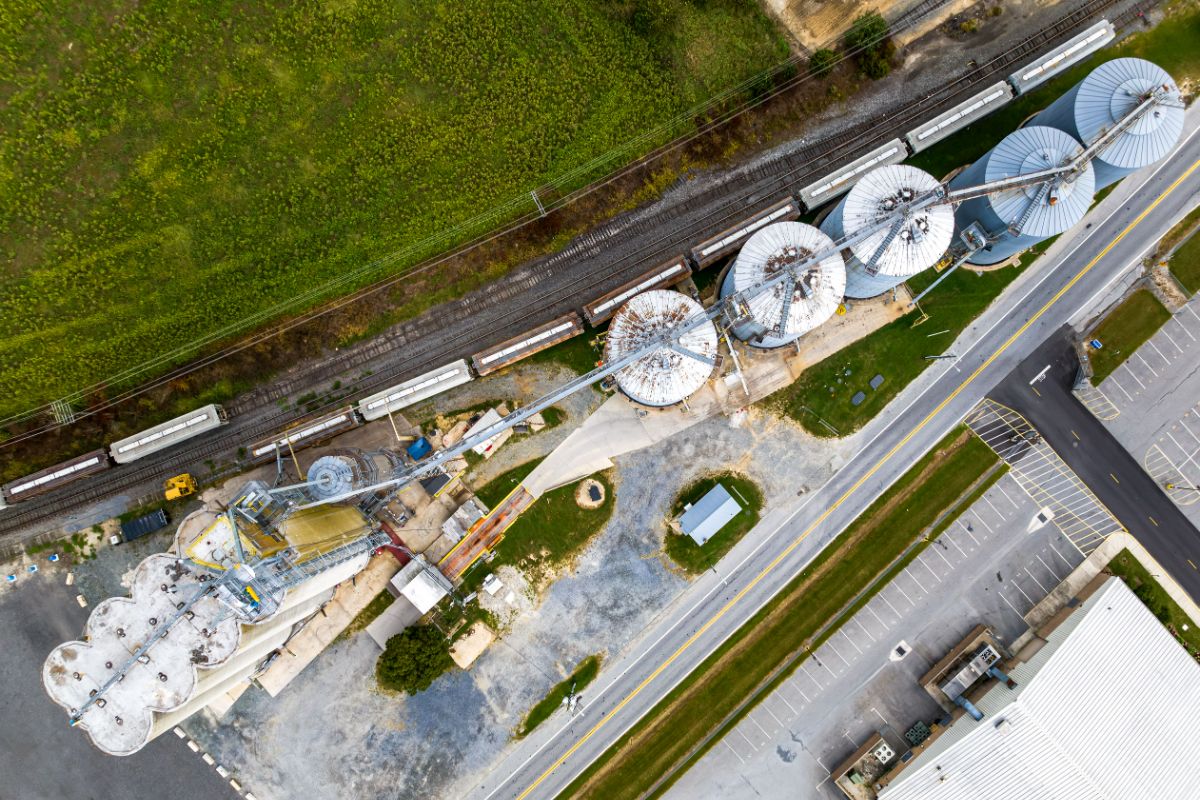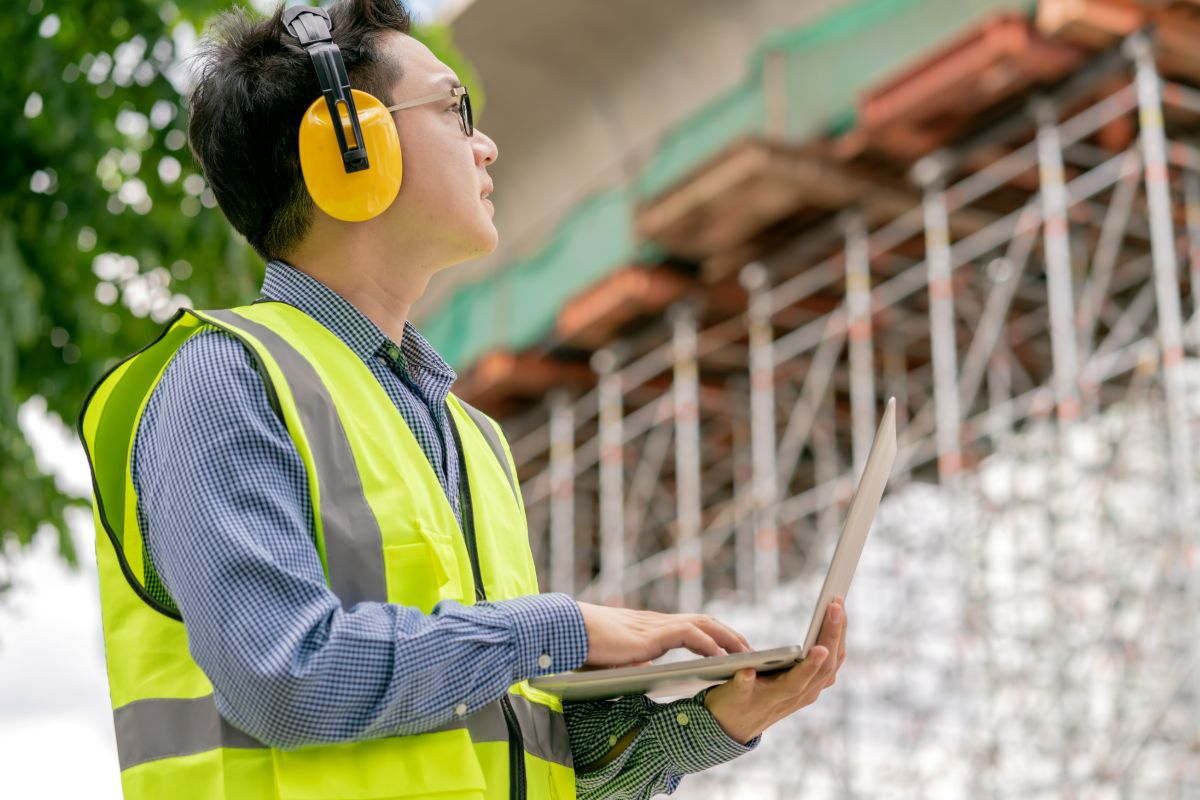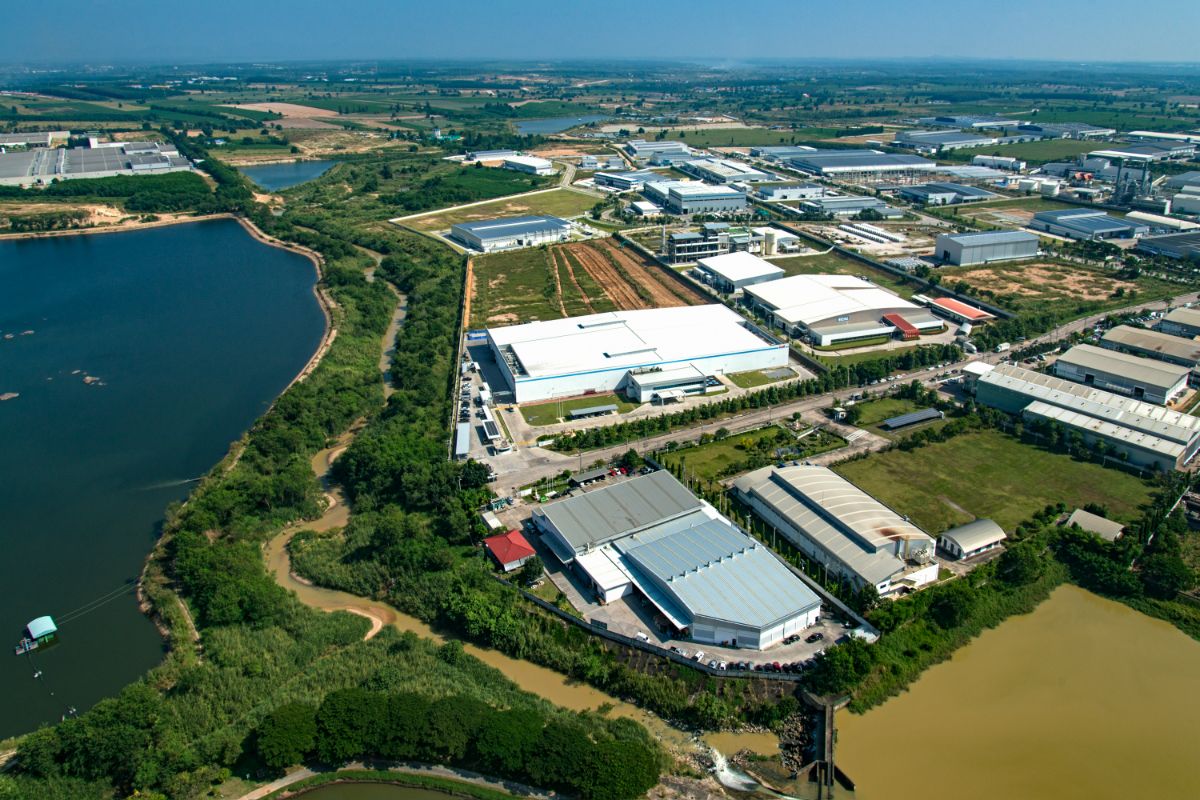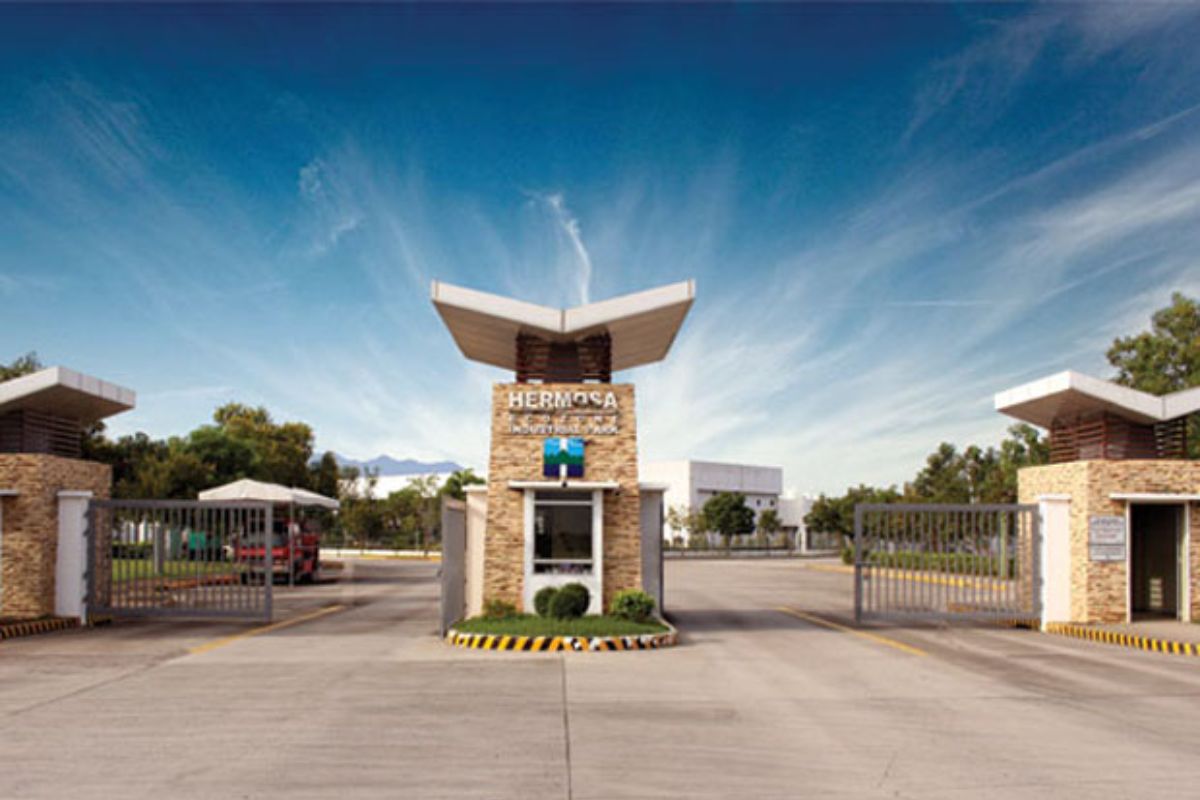What do Japanese companies look for in an industrial park?
- Strategic location
- Infrastructure and facilities
- Regulatory environment
- Support services
- Safety and security
- Cultural familiarity
- Environmental sustainability
Overview
- This article delves into the key factors Japanese companies consider when selecting an industrial park in the Philippines.
- It highlights the importance of strategic location, robust infrastructure, a favorable regulatory environment, comprehensive support services, stringent safety protocols, and cultural compatibility.
- It emphasizes the role of Science Park of the Philippines, Inc. (SPPI) in providing these essential elements to Japanese investors, enabling them to establish and operate successful businesses in the country.
What Japanese companies look for in an industrial park reflects their meticulous approach to global expansion. They are seeking opportunities abroad to tap into larger and rapidly growing markets. According to a survey, 83% of their firms prioritize “market size and growth potential” when choosing overseas locations. However, selecting the right industrial park ensures operational efficiency, sustainability, and long-term success.
Science Park of the Philippines, Inc. (SPPI) addresses these priorities with its well-developed industrial parks. Our Hermosa Ecozone Industrial Park provides the infrastructure, support services, and eco-friendly environments that empower businesses to thrive.
Strategic Location
A prime location near major transportation hubs, such as ports, airports, and highways is essential for Japanese companies establishing or expanding their businesses in industrial parks in the country.
Proximity to major highways like the Southern Tagalog Arterial Road (STAR) and President Jose P. Laurel Highway significantly reduces transportation costs. SPPI’s Light Industry & Science Park IV (LISP IV) in Batangas is strategically situated near these key routes, enabling companies to minimize fuel expenses and vehicle wear and tear while ensuring timely deliveries of raw materials and finished products.
On the other hand, the internal road network within the park employs highway-grade construction, ensuring the safe and efficient movement of goods. This infrastructure supports larger vehicles, which is beneficial for heavy machinery and bulk shipments, thus enhancing operational capabilities.
Infrastructure and Facilities

They should prioritize industrial parks with high-quality infrastructure when making location decisions. Reliable utilities, including a stable power supply, reliable water supply, and efficient waste management system, are crucial for smooth operations.
Modern industrial facilities are also a significant factor. Industrial parks offering ready-to-occupy industrial, green spaces can significantly reduce initial investment costs and accelerate the setup process.
Furthermore, advanced telecommunications infrastructure is essential. Robust internet connectivity and state-of-the-art communication systems enable real-time data management and communication. These elements collectively contribute to enhanced efficiency, productivity, and overall business performance.
Regulatory Environment
Japanese companies seeking to invest in Philippine industrial parks value a stable and transparent regulatory environment. Clear guidelines on compliance, tax incentives like income tax holidays, preferential tax rates, and duty-free importation of capital equipment, and support in navigating local laws are essential for seamless operations.
It’s important to note that specific tax incentives and eligibility criteria can change over time. Therefore, consulting with tax professionals or government agencies like the Philippine Economic Zone Authority (PEZA) or the Board of Investments (BOI) is recommended for up-to-date information.
Industrial parks developed by SPPI often benefit from strategic locations within special economic zones. These zones offer additional advantages, such as simplified customs procedures and tax exemptions on imported materials and equipment.
By providing support in understanding and complying with regulatory requirements, SPPI helps reduce uncertainty and operational risks for Japanese companies, streamlining the setup process.
Support Services
An industrial park with a robust on-site support system is a major advantage. Japanese companies prefer a park staffed with multilingual professionals who can handle the complexities of business registration, customs clearance, and various administrative tasks.
This one-stop shop eliminates the need for time-consuming legwork and minimizes the risk of errors that can delay operations. By delegating these complexities to park staff, companies can focus their resources on core businesses like setting up production lines and recruiting talent.
Safety and Security
Given the significant resources involved in establishing operations, companies need a secure environment to protect their investments and ensure employee well-being. Industrial parks with stringent safety protocols, such as regular safety audits, emergency response drills, and state-of-the-art fire suppression systems, are highly appealing as they provide necessary risk assurance.
A comprehensive safety approach includes physical security measures, such as surveillance systems, access controls, and on-site security personnel. Additionally, implementing robust health and safety standards to protect workers reflects a park’s strong management practices and proactive risk mitigation.
Cultural Familiarity

Japanese corporate culture emphasizes respect for hierarchy, time management, and collective problem-solving. Industrial parks that foster a respectful and collaborative environment, mirroring these values, are more attractive to Japanese firms.
Operating in a setting that aligns with their cultural norms helps them navigate local customs, build trust with stakeholders, and create a sense of belonging among employees. This reduces the need for extensive cultural adaptation, allowing them to focus on core business activities.
Moreover, a shared cultural context enhances communication and collaboration, as employees and partners can better understand and empathize with each other’s perspectives.
Environmental Sustainability
Japanese companies often prioritize social responsibility and sustainability in their investment decisions. Investing in sustainable projects aligns with their values and positively impacts communities.
That’s why industrial parks that implement green practices, such as efficient waste management, energy conservation, and the use of renewable resources, are particularly appealing to these companies.
Furthermore, compliance with international environmental standards and certifications, like ISO 14001, is also essential. These standards help ensure companies meet regulatory requirements and demonstrate their commitment to sustainability.
Key Takeaway
By understanding what Japanese companies look for in an industrial park, developers can create an environment that fosters their success. Parks that can cater to their business needs will be well-positioned to attract and retain these firms that are seeking expansion into new markets.
Discover how SPPI’s industrial parks can support your business growth. Contact us today to learn more.



